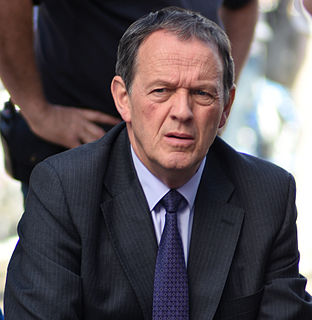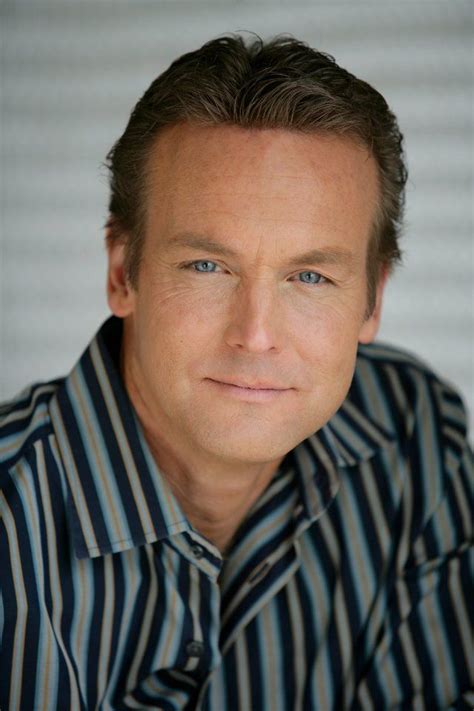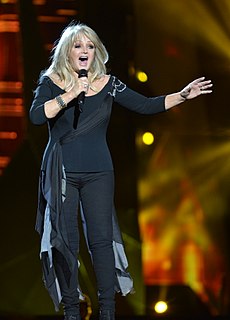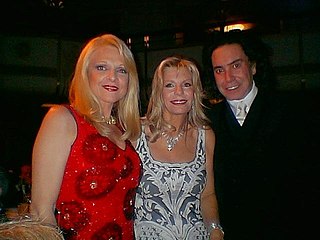A Quote by Kevin Whately
Before my mother's diagnosis with Alzheimer's, I had heard of the disease, but hadn't known anyone who had suffered from it.
Related Quotes
I regarded finding I had a form of Alzheimer's as an insult, and I decided to do my best to marshal any kind of forces that I could against this wretched disease. I have posterior cortical atrophy or PCA. They say, rather ingenuously, that if you have Alzheimer's it's the best form of Alzheimer's to have.
I've had five grandparents who have had Alzheimer's. I've been involved in raising money for two decades, so I thought, how could I combine my work with this commitment to helping dementia? One of the myths is that it's an older person's disease. We're seeing early onset dementia among people at 45. It's the disease of everybody.
I don't know why Alzheimer's was allowed to steal so much of my father before releasing him into the arms of death. But I know that at his last moment, when he opened his eyes, eyes that had not opened for many, many days, and looked at my mother, he showed us that neither disease nor death can conquer love.
I had seen this comic called 'Invincible' created by two people I had never heard of before, Robert Kirkman and Cory Walker, and I was a huge fan. 'Invincible' probably had five or six issues under the belt, and the book was so impressive to me, I was surprised that I had never heard of them before. It's like they came out wholly formed.
The Alzheimer's Association in the United States, founded by Jerome Stone, they found me because they had heard rumours that my mom was diagnosed. Jerry said, 'We're a small family group, and we would like to know if you'd like to join us and to spread the word about this disease.' I said, 'Absolutely.'


































